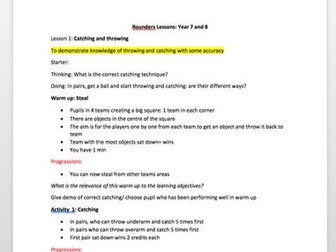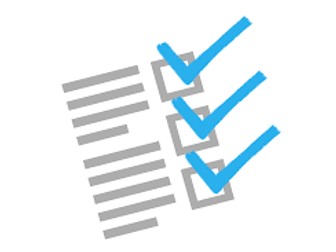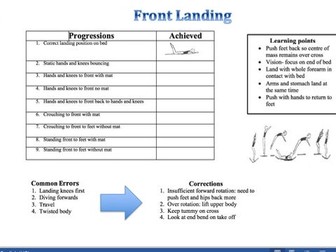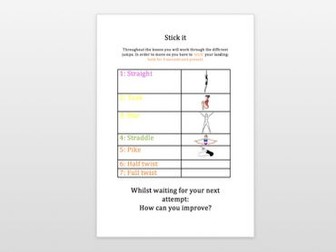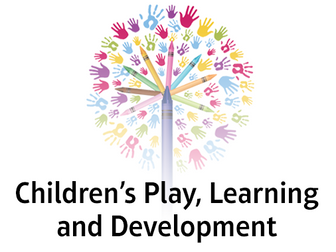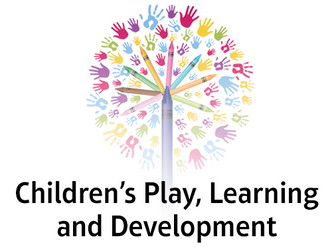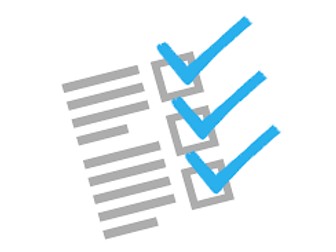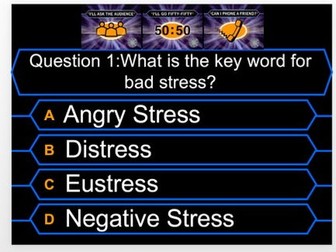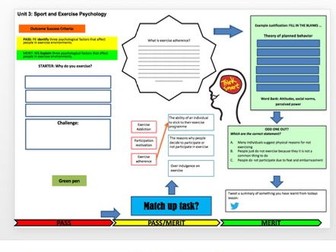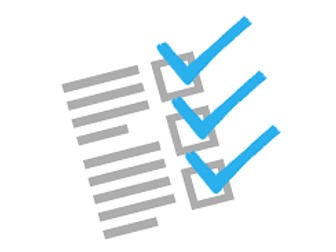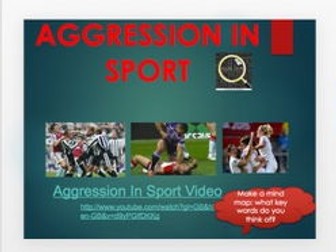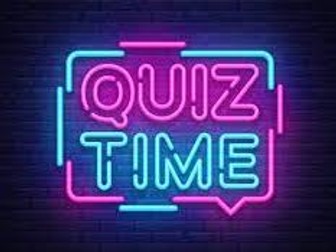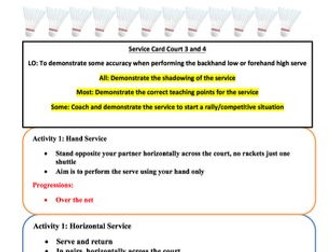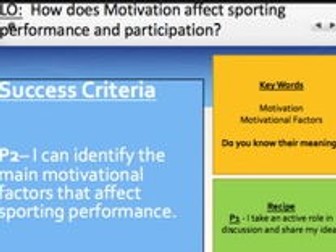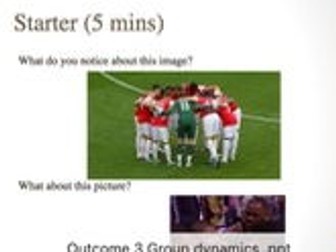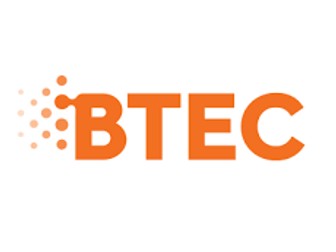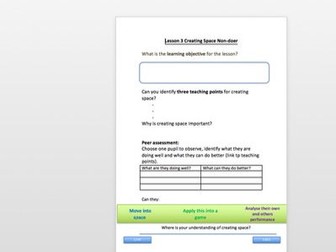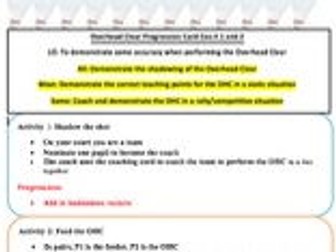Unit 1 BTEC Level 2 CPLD Checklist
<p>Revision or starter checklist for Unit 1 exam Child’s play and development.</p>
Trampolining Task/Peer Assessment Cards
Trampolining task cards, also used for peer assessment!<br />
<br />
Each crd breaks down the skill. Skills included; Back landing, seat landing, swivel hips, front landing and many more. <br />
<br />
Really useful for empowering students to coach one another under your supervision!<br />
<br />
Trampolining tracker cards are also listed; used as a self assessment tool throughout the lesson.
Gymnastics Vaulting Task card
Game called 'Stick it'!<br />
<br />
Pupils work in groups on differentiated equipment! They work through the task card but they have to hold their landing for 3 seconds before they progress!<br />
<br />
Lesson plan also included!
BTEC Level 3 CPLD Unit 3
<p>I was struggling to access anything for this so created it!<br />
Powerpoints for A and B<br />
Checklists are there for A and B!<br />
I have alligned it all with approved brief, spec and book!</p>
BTEC Level 3 CPLD Unit 5 Keeping Children Safe
<p>After lots of research I have created this powerpoint and checklist as I could not find anything elsewhere- so why not share!</p>
<p>This is a powerpoint and checklist for Learning Aim A, B, C and D- Unit 5 CPLD.</p>
<p>I have used the spec, example work, the book and brief!</p>
<p>C and D- more of a template powerpoint for tasks to be added!</p>
undefined
BTEC Tech Award Health and Social Care Component 2 LAA Checklist
<p>A checklist for Component 2 LAA Checklist- BTEC Tech award HSC!</p>
BTEC Unit 3 Sport and Exercise Psychology Outcome 2 Arousal, Stress and Anxiety
Resources and Powerpoint for: <br />
<br />
Know the impact of arousal, stress and anxiety on sports performance<br />
Arousal: definition; relationship between arousal level and performance; theories (drive theory, inverted U hypothesis, catastrophe theory); effects of changes in arousal level, eg attention, concentration, aggression<br />
Stress: definition; eustress and distress; symptoms of stress on the body (sympathetic and parasympathetic nervous systems); causes of stress (internal, external, personal, occupational, sport as a source of stress)<br />
Anxiety: definition; types (state, trait); symptoms (cognitive, somatic); causes; effect on performance
Year 9 Cheerleading Scheme of Work
This resource has been very useful in getting Year 9's engaged and taking part in something new. It includes 6 lessons to follow for cheerleading!
BTEC Unit 3 Sport and Exercise Psychology Outcome 4 Psychological Factors
These are the resources and powerpoint that meets the criteria for: <br />
<br />
Know psychological factors that affect people in exercise environments<br />
Psychological factors: eg reasons why people exercise, reasons for not exercising (barriers to exercise), determinants of exercise adherence (personal, demographic, environmental, cognitive), behaviour change models (transtheoretical model, health belief model, theory of planned behaviour)
BTEC Tech Award Health and Social Care Component 1 LAB Checklist
<p>Checklist for the assignment on LAB Unexpected life events!</p>
Unit 20 Outcome 5 Psychological Skills Training Programme
Unit 20 Outcome 5 Psychological Skills Training Programme <br />
- Powerpoint<br />
- Resources
BTEC Level 2 Tech Award Homework Booklet Health and Social Care C3
<p>This is a homework booklet for BTEC HSC Level 2 Tech Award Component 3 using exam questions and the revision guide.</p>
BTEC Unit 3 Sport and Exercise Psychology Outcome 1 Aggression
This powerpoint and resources are relevant for: <br />
<br />
Aggression: definition; Gill’s criteria for aggressive behaviour; types of aggressive behaviour (hostile and instrumental aggression, assertion); causes of aggression, eg instinct theory, frustration-aggression theory, social learning theory.
Lock down family quiz!
<p>Here is a lockdown quiz that can be used at home, on zoom or at school!</p>
Badminton Serve Differentiated Task Cards
These task cards focus on the badminton serve. They are differentiated so can relate to the pupils ability.
BTEC Unit 3 Sport and Exercise Psychology Outcome 1 Motivation
This powerpoint and resources meet: <br />
<br />
Motivation: definition; types (intrinsic, extrinsic); theories, eg need achievement theory, attribution theory, achievement goal theory; factors contributing to a motivational climate, eg behaviour of leader, physical environment, influence of significant others; factors affecting motivation (individual personality, situation, interaction of personality and situation, intrinsic and extrinsic rewards)
BTEC Unit 3 Sport and Exercise Psychology Outcome 3 Group Dynamics
These resources and powerpoint are useful to meet the criteria for: <br />
<br />
Know the psychology of group dynamics in sports environments<br />
Group processes: eg group or team, stages of group development (forming, storming, norming and performing), Steiner’s model of group effectiveness, Ringelman effect, social loafing<br />
Cohesion: definition; types of cohesion, eg task cohesion, social cohesion; factors affecting cohesion, eg environmental, personal, leadership, team factors; relationship between cohesion and performance<br />
Leadership: eg qualities, styles (autocratic, democratic, consultative); behaviour (prescribed leaders, emergent leaders); theories (trait, behavioural, interactional); social facilitation, eg audience effect, co-action effect, home advantage
BTEC Health and Social Care Unit 14- Physiological Disorder Learning Mat
<p>A learning mat for the content of Unit 14 Physiological disorders BTEC Level 3 HSC- LAA!</p>
Badminton Overhead Clear Task Cards
These are differentiated task cards focusing on the Overhead Clear in badminton. They allow the pupils to work independently.
